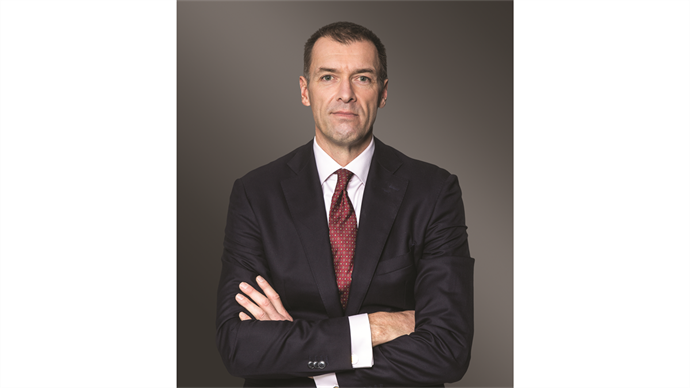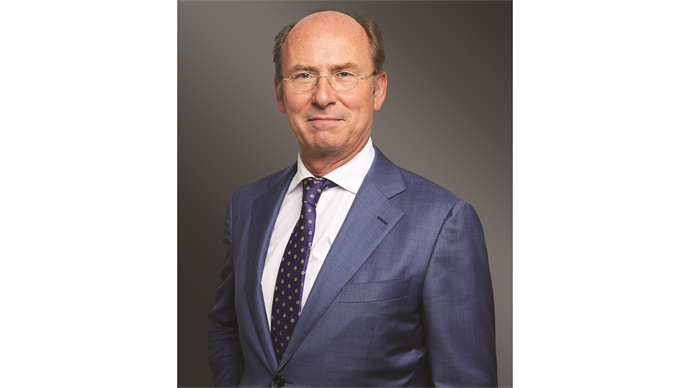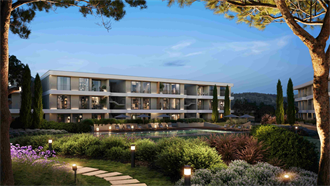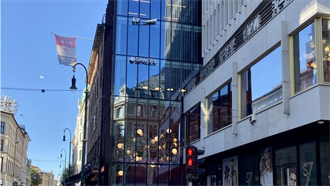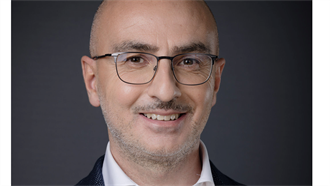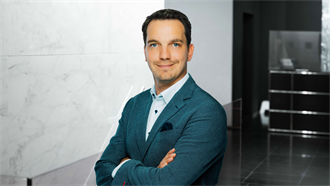Global law firm Greenberg Traurig highlights trends likely to define real estate markets in 2021.
The year 2020 has been an important one for global law firm Greenberg Traurig, not least because a new Dutch real estate team joined the fold. Here, the company talks about that as well as client advice that kept it busy during the coronavirus pandemic and insight into transaction types expected in 2021.
This has been a tumultuous year for real estate markets. Can you sum up what effect it has had on the real estate business at Greenberg Traurig?
Jan Kees Brandse: Helping our clients navigate the various lockdown and relief phases of the pandemic kept us quite busy. During the first lockdown phase in spring, ad hoc advice on immediate actions and new legislation and government programmes prevailed, but real estate investors swiftly regained their footing. So, we have seen across our offices a steady flow of activity with variations based on the asset class.
Though transactions are down on the previous year, there has still been activity. Can you mention one or two transactions that completed in 2020, and what do they tell us about the market?
David van Dijk: The pandemic did not prevent investors from implementing their strategies, with residential real estate proving a particularly sought-after asset class. For example, a Greenberg Traurig Amsterdam team, led by Jan Kees and Marijn Bodelier, recently represented a client and its joint venture partner, a sovereign wealth fund from the Middle East, in the acquisition of 14 residential assets across the Netherlands. One of the firm’s long-standing private equity clients purchased the shares of a Dutch residential developer with the support of a multi-office team around Martijn Hermus in Amsterdam and our German corporate team chaired by Peter Schorling as lead counsel. I represented the seller on this transaction when still with my previous firm.
Last year, we spoke of the international cross-border capability of the firm. How has that developed?
Marzio Longo: With the opening of the Milan office in 2019, our cross-border cooperation in Europe grew even stronger. Firmly rooted in the global real estate industry, the strength of our global partnership supported the Italian real estate practice in raising our local profile while becoming an integral part of our international client teams. Many of our clients cover multiple jurisdictions, all facing the challenges of the pandemic. By combining our efforts in the various offices, we have provided clients with nimble and pragmatic pan-European advice on an ever-evolving landscape that proved essential for our clients in redefining their strategies. A great example of our firm’s agility in these unprecedented times is the GT Covid-19 pro bono programme, which is spearheaded in Europe by our Warsaw office, namely Jolanta Nowakowska-Zimoch, and offers free tax and legal support to Small and Mid-Size Enterprise (SME) ventures.
David and his team joining in the Netherlands seems an obvious sign of growth at the firm. What does this addition bring to Greenberg Traurig?
Jan Kees Brandse: David and his team add top-tier excellence, reputation, and work ethic to the firm as well as to our Amsterdam office. We could not be more pleased to welcome them to our Greenberg Traurig family and expect the team to thrive on our platform with complementary expertise and practices. Our positive momentum in multiple practice areas is very timely at this crucial moment of disruptive change in the world, Europe, and in the Netherlands, particularly in the real estate sector.
David van Dijk: Real estate as an asset class and hedging tool has become increasingly important for institutional investors. The real estate industry has matured and become global, with sophisticated institutional players. Transactions typically span multiple jurisdictions and require an integrated approach across countries and various specialisations. This creates the need for a truly integrated global approach. There are only a limited number of firms who can offer that. Historically, Greenberg Traurig has long been the leading firm in the international real estate industry. This makes the move a logical choice for our team.
What types of transactions do you expect to be busy on for the remainder of the year and into 2021? What can be said for Germany, the UK, Netherlands, and other markets that your clients are active in?
David van Dijk: Sale-and-leasebacks will be on the rise because companies must raise capital and will turn to liquidating their real estate assets, plus distressed sales and non-performing loans (NPLs). Investors are already lining up to take over distressed assets, portfolios and NPLs. We expect this to really take off in the first two quarters 2021. It seems that real estate as an asset class has become more popular with investors now that regular companies are in distress and the stock market has become more volatile.
Jolanta Nowakowska-Zimoch: Not only in Poland, but across all European markets, we expect that the industrial and logistics sector will remain one of the most active transactional areas in 2021. The very dynamic development of shared services centres and data centres is also expected continue in 2021. A new feature in Poland is the move into residential for rent, as this Europe-wide trend expands into Central and Eastern Europe (CEE) countries.
Christian Schede: Given the global reach of our client base, we expect a constant high deal flow in 2021. The German market is expected to play a vital role in most strategies with logistics transactions and developments playing a prominent role and residential remaining the most resilient asset class with high transaction volumes scratching at the billion-euro ceiling, as they did this year. However, we have managed to establish and raise new funds this year targeting several billions. Major private equity houses have lots of dry powder available to take advantage of changing market opportunities, well beyond distressed sectors. Most institutional investors and funds have not experienced significant declines in fundraising, sometimes quite the opposite. With lenders becoming more careful, we will probably see an increase in equity available for project developments.
Steven Cowins: The UK continued to see huge volumes of activity in ‘beds and sheds’. ‘Beds’, however, has become a much more granular asset class, breaking down into e.g. student, co-living, social housing and rented senior living with different approaches being taken with regard to price point, affordability and brand in each of these segments. Residential has been blending slightly with hospitality and along with other sub-asset classes such as leisure, healthcare and data centres. That is partly the reason why we have seen a huge interest in the establishment and investment into real estate management and operational platforms. My real estate partners Danielle Martin and Matthew Priday have also seen a high volume of transactions in the e-commerce-driven logistics sector and the industrial sector which continues to be seen as a defensive, relatively high-yielding asset class.
Covid-19 appears to have affected the fund-raising market more than it has affected the investment market. However, we have still managed to establish and raise new funds during the course of this year. Real estate debt and credit funds have also been raising well as investors adjust to the debt landscape with alternative credit providers being a central, permanent and growing part of the market. Debt funds seem to be doing particularly well given the yields on bonds in this low interest rate environment but also allow investors to aim lower down the risk curve.
When it comes to legal terms and conditions of sale purchase/investment agreements, is there any issue you would like to highlight, perhaps as having gained in popularity either out of necessity, concern, or some feature in the market?
David van Dijk: The definition of ‘force majeure’ has become increasingly relevant in negotiations. In addition, the desire of purchasers or deal investors to cover potential risks through insurance well beyond the usual scope of warranty and indemnity (W&I) insurance coverage is noteworthy. We may also see clauses providing for alternative funding structures.
When you look back at 2020, how would you sum up the year?
David van Dijk: This year has been highly unpredictable. The Covid-19 pandemic led to huge and permanent changes in the way we work and live. We needed to be resilient and remove any complacency. The crisis has forced all of us to take a more forward-looking approach and think out of the box in an innovative way. That’s why it is more important than ever to collaborate closely between offices and to manage international projects smoothly. Clients are becoming more sophisticated and demand uniform services worldwide. That requires a firm with an integrated approach and internal organisation to cooperate efficiently. That’s what we are striving for at Greenberg Traurig.
Are there any other things you wish to highlight?
Jan Kees Brandse: I’d like to cite our Executive Chair Richard Rosenbaum who initiated the firm’s expansion outside the US in 2003: ‘We won’t grow for growth’s sake. We will go where it makes sense to do so for our clients and our people. We watch closely for opportunities to enhance current market presence, but only if this can be done without compromising our excellence, our culture, or our financial discipline.’

